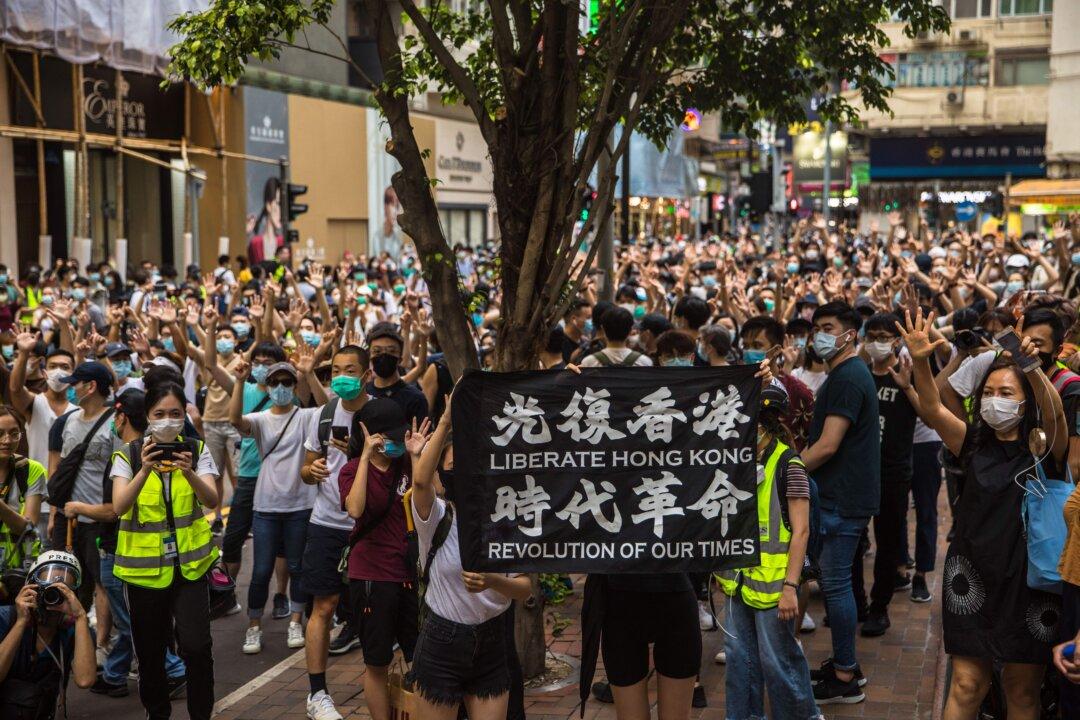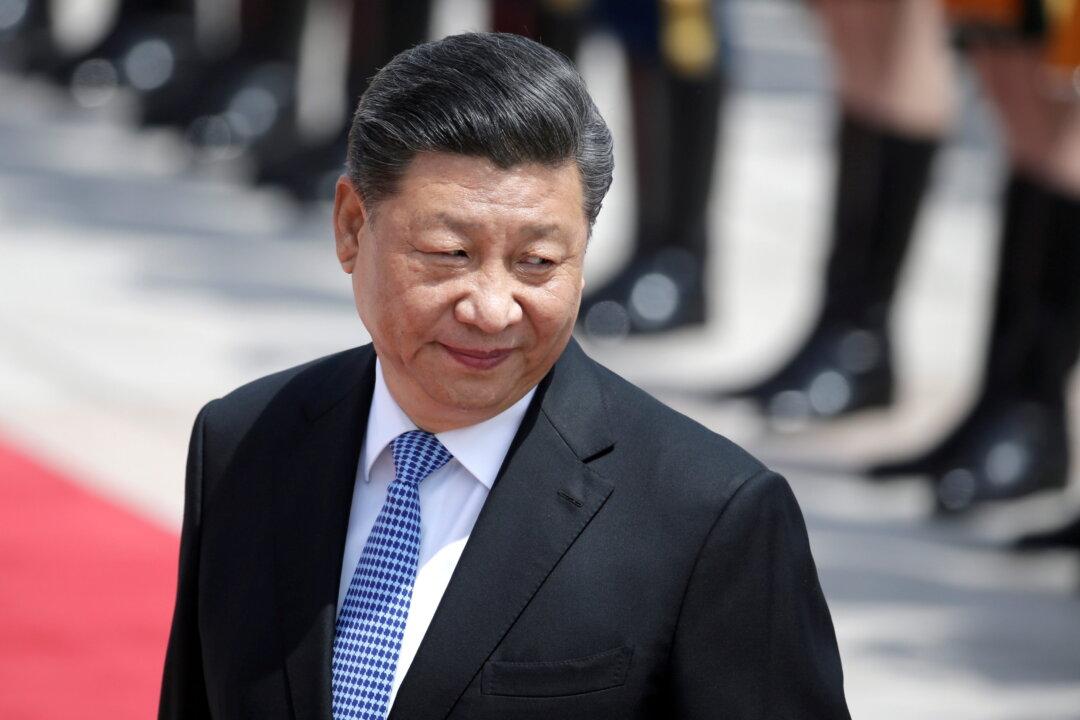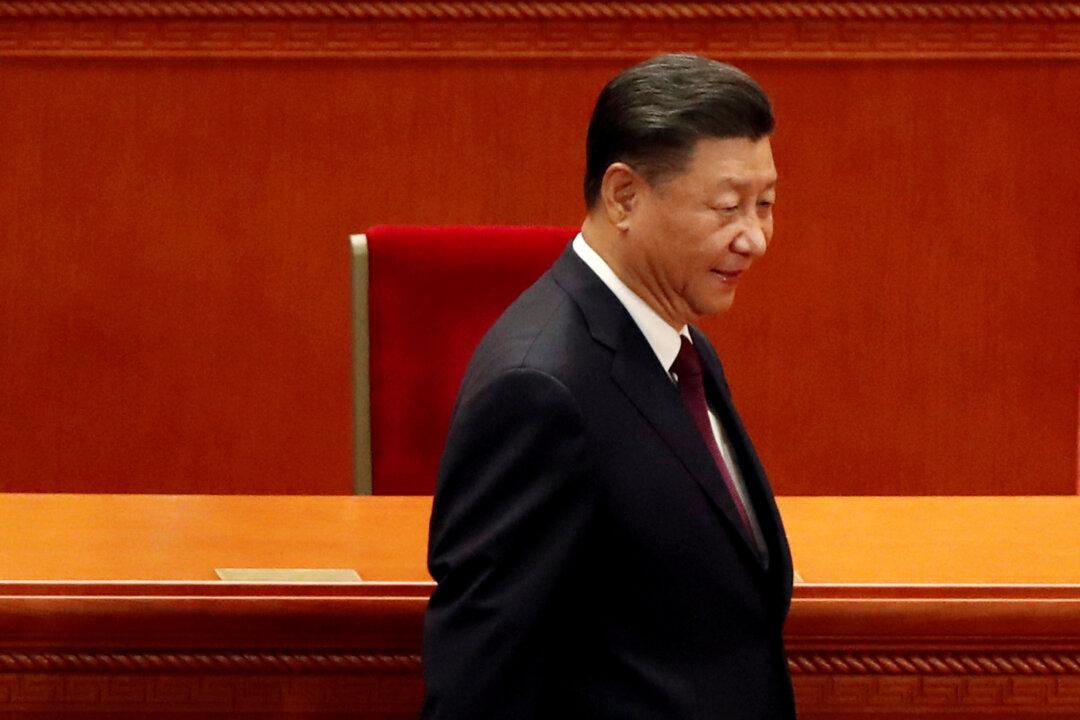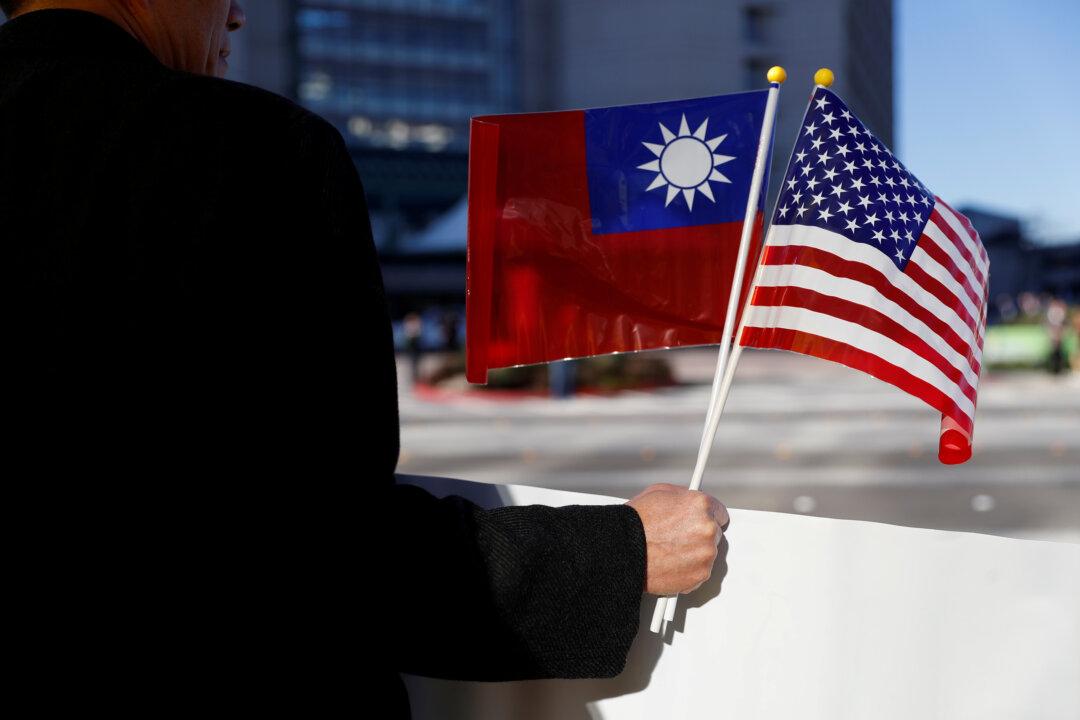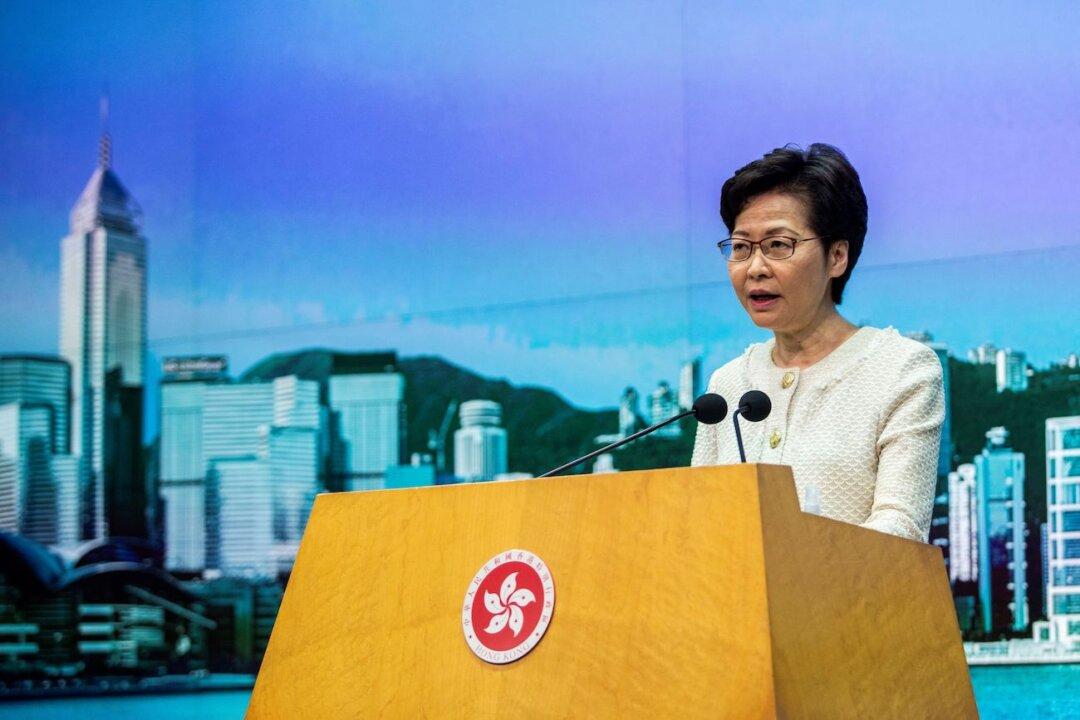Commentary
Hong Kong authorities arrested 53 pro-democracy figures earlier this month, on the grounds that they responded to democracy activist Benny Tai Yiu-ting’s call to challenge the government. The Chinese regime felt emboldened to enforce the national security law in making the arrests, and to use this incident as a warning to those who dare to challenge its authority.
